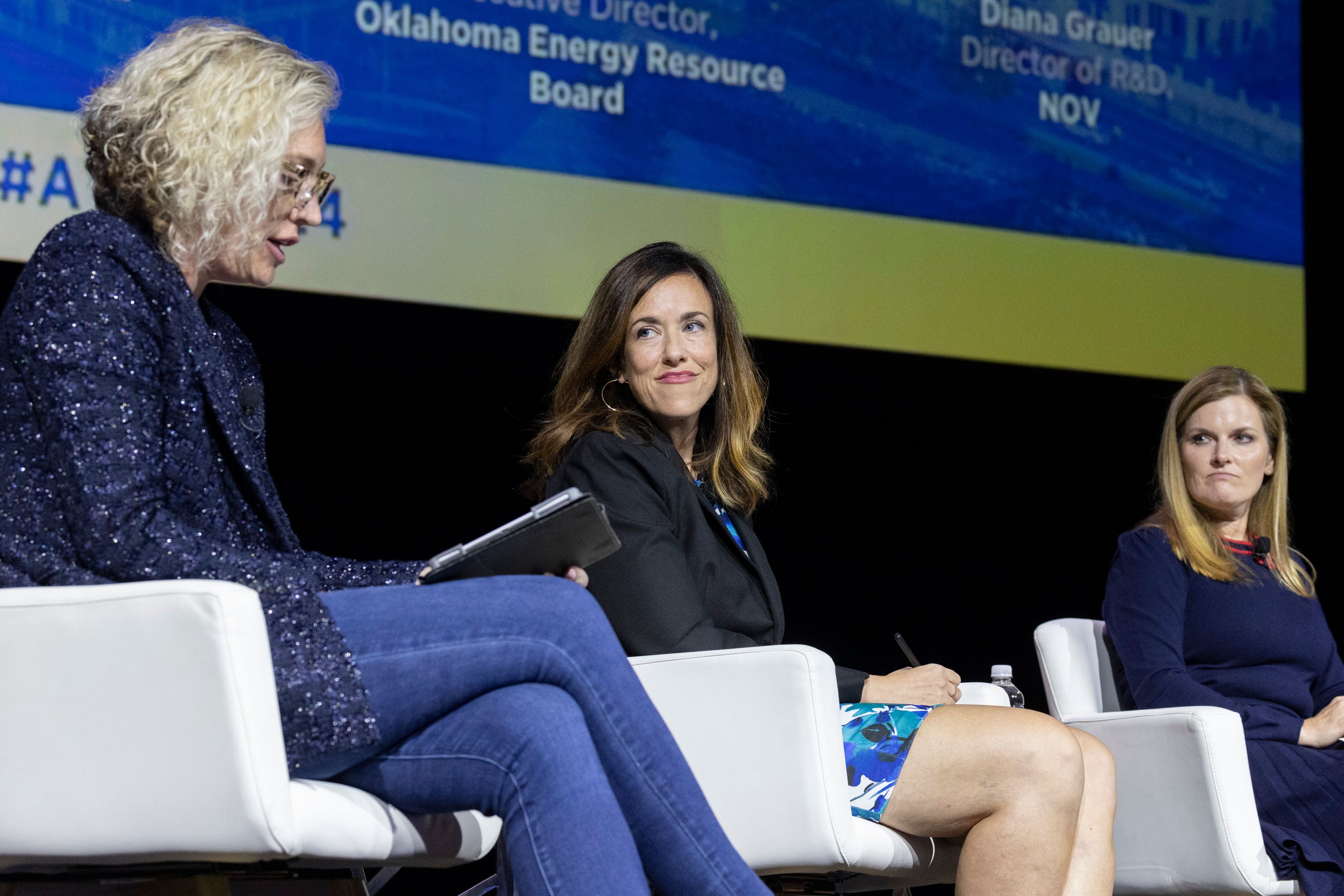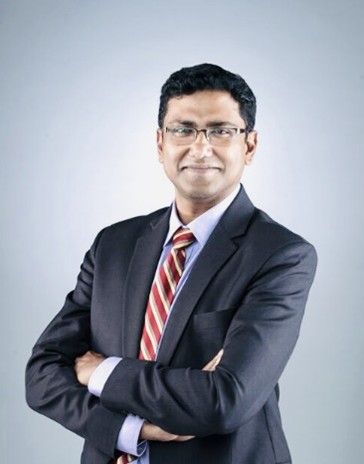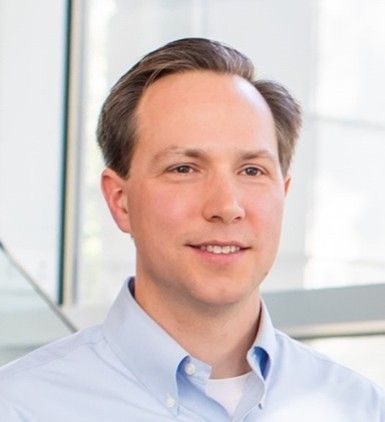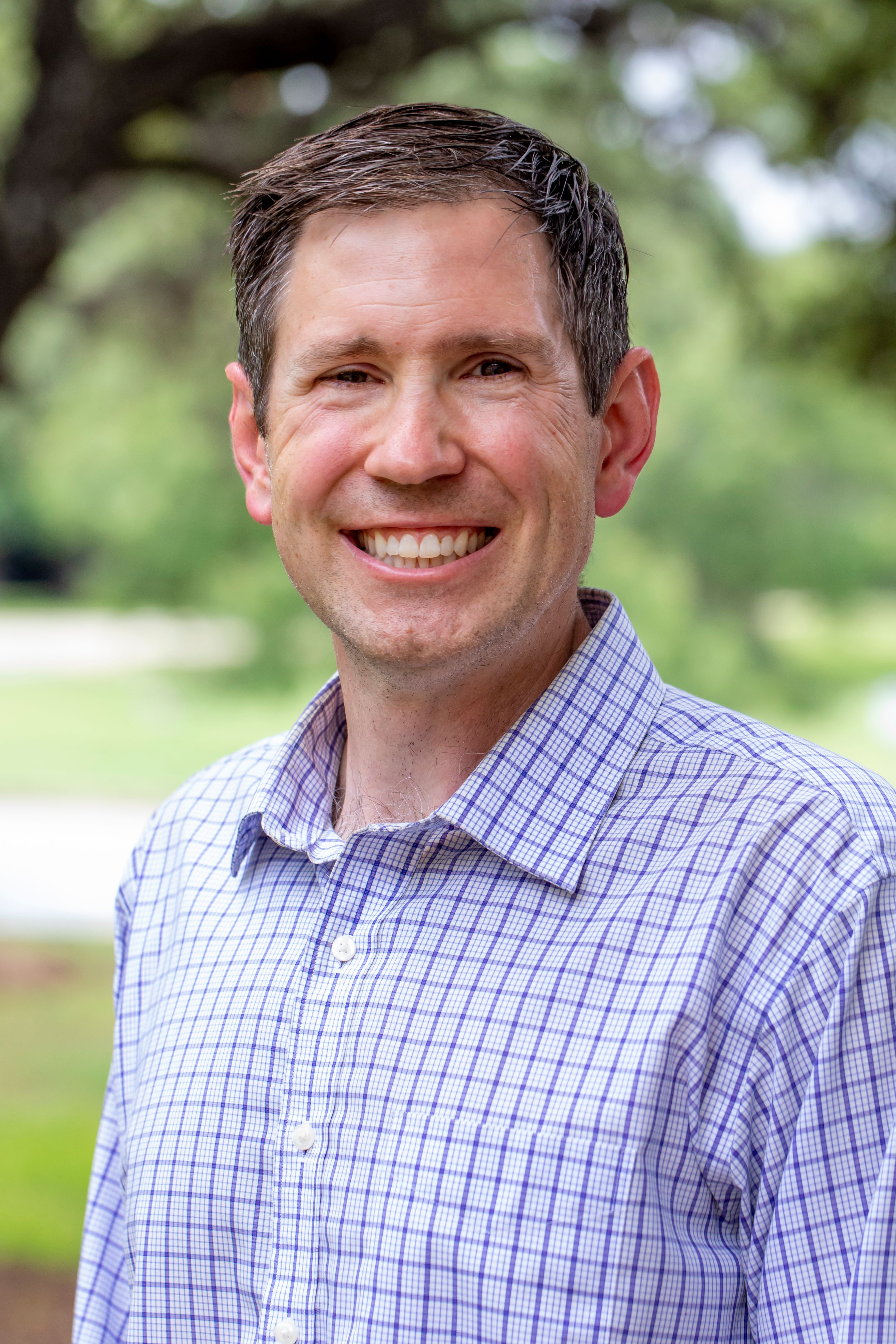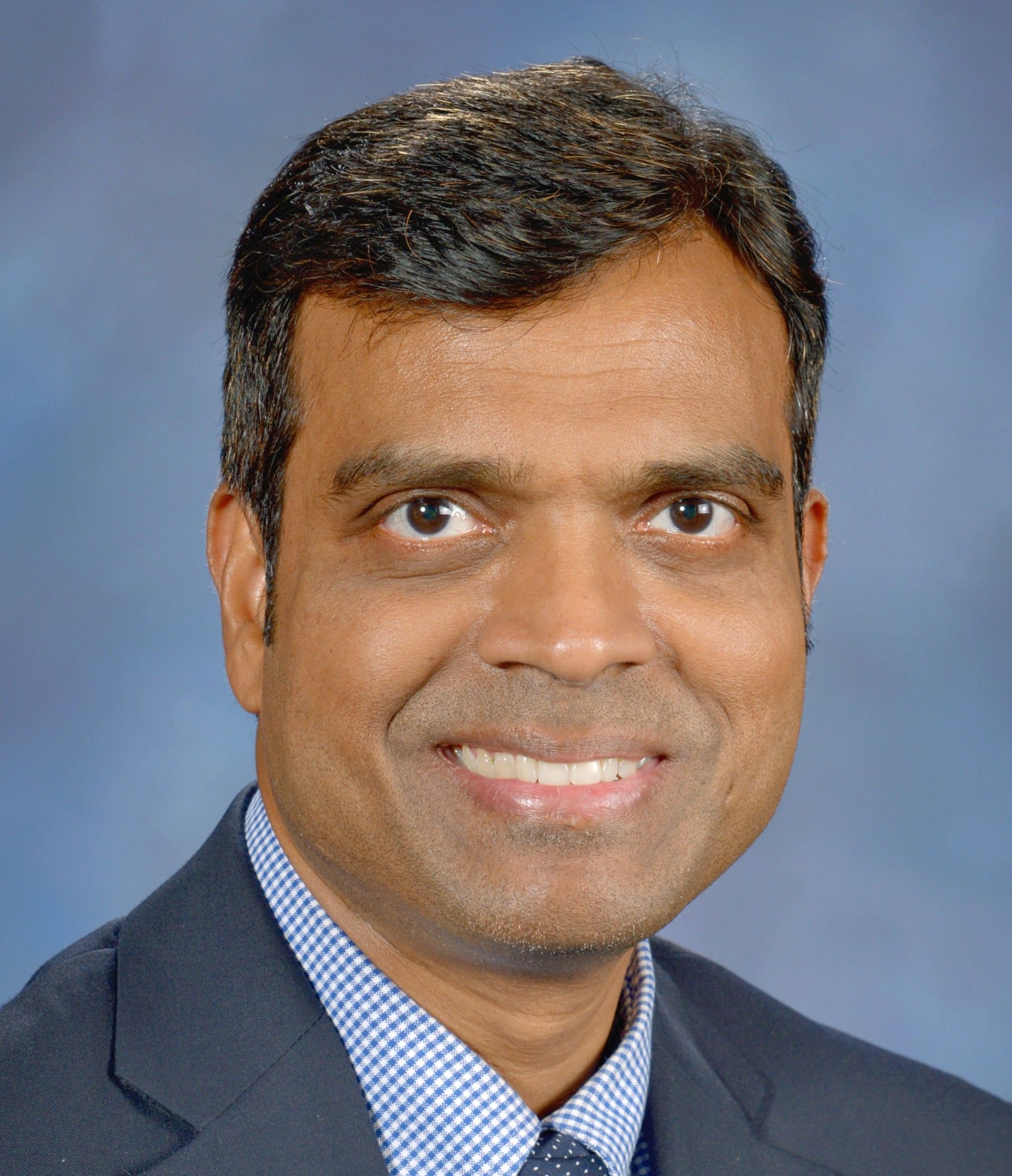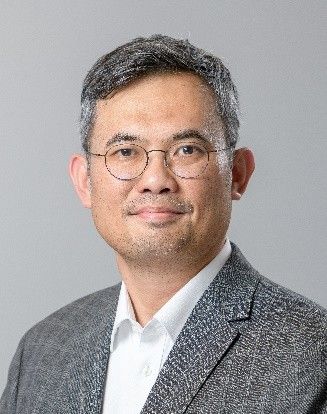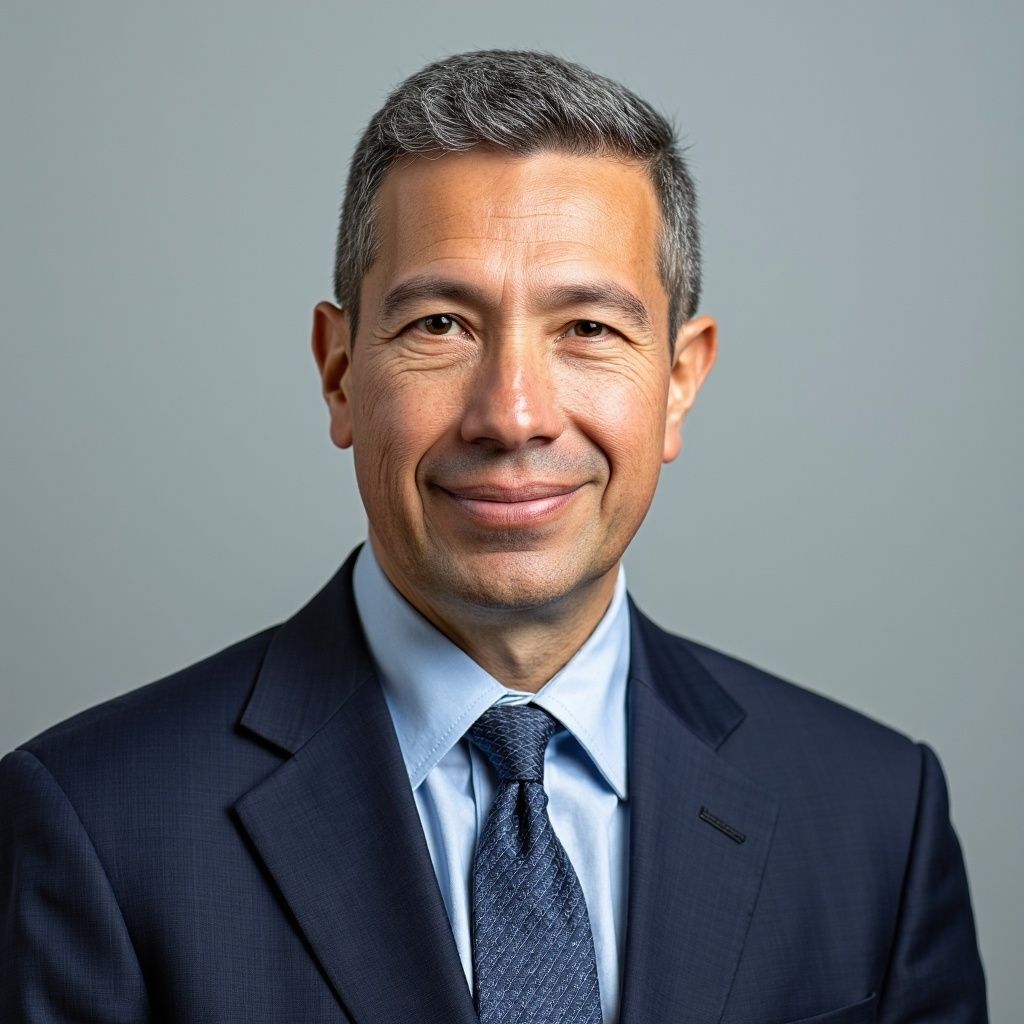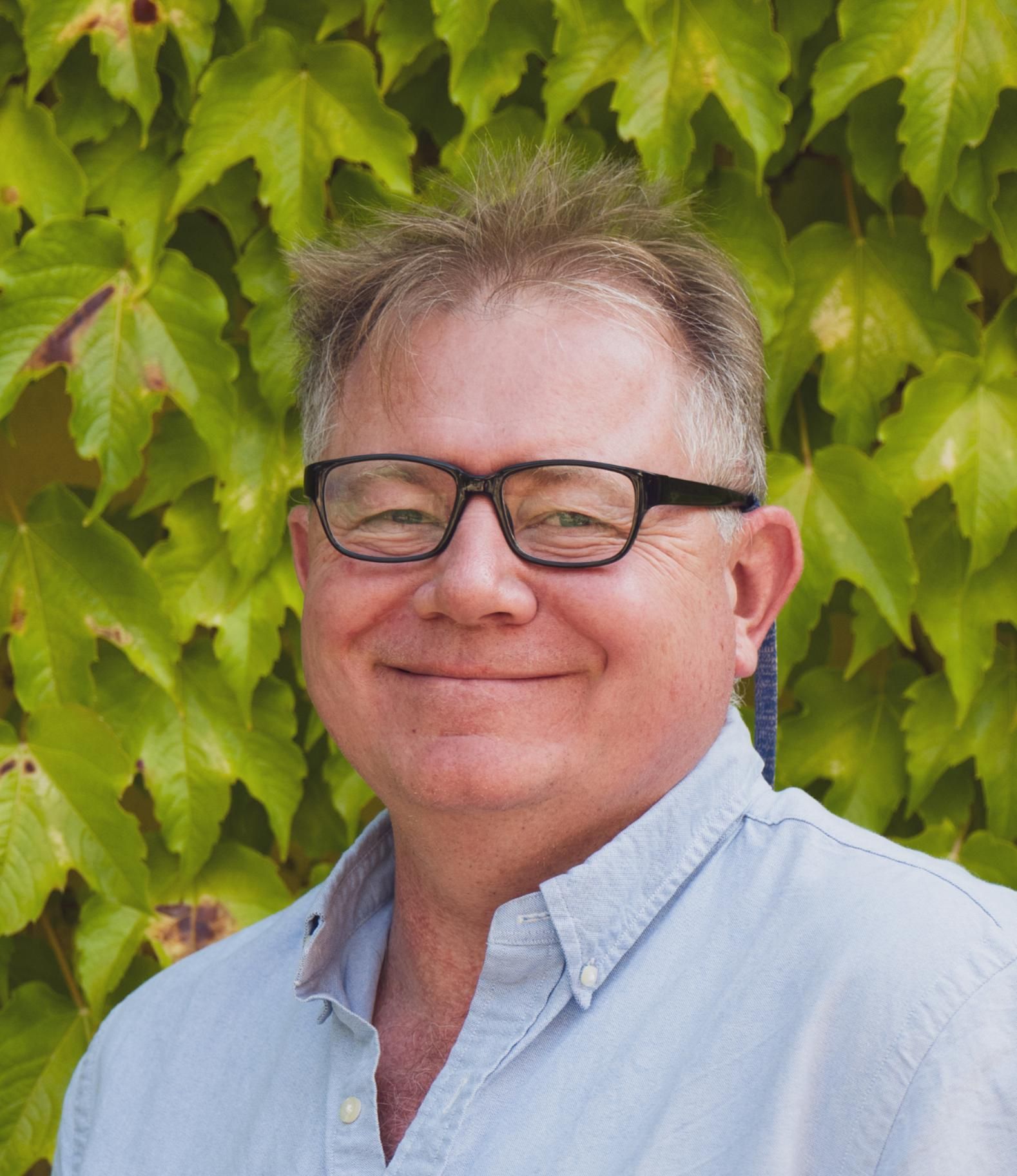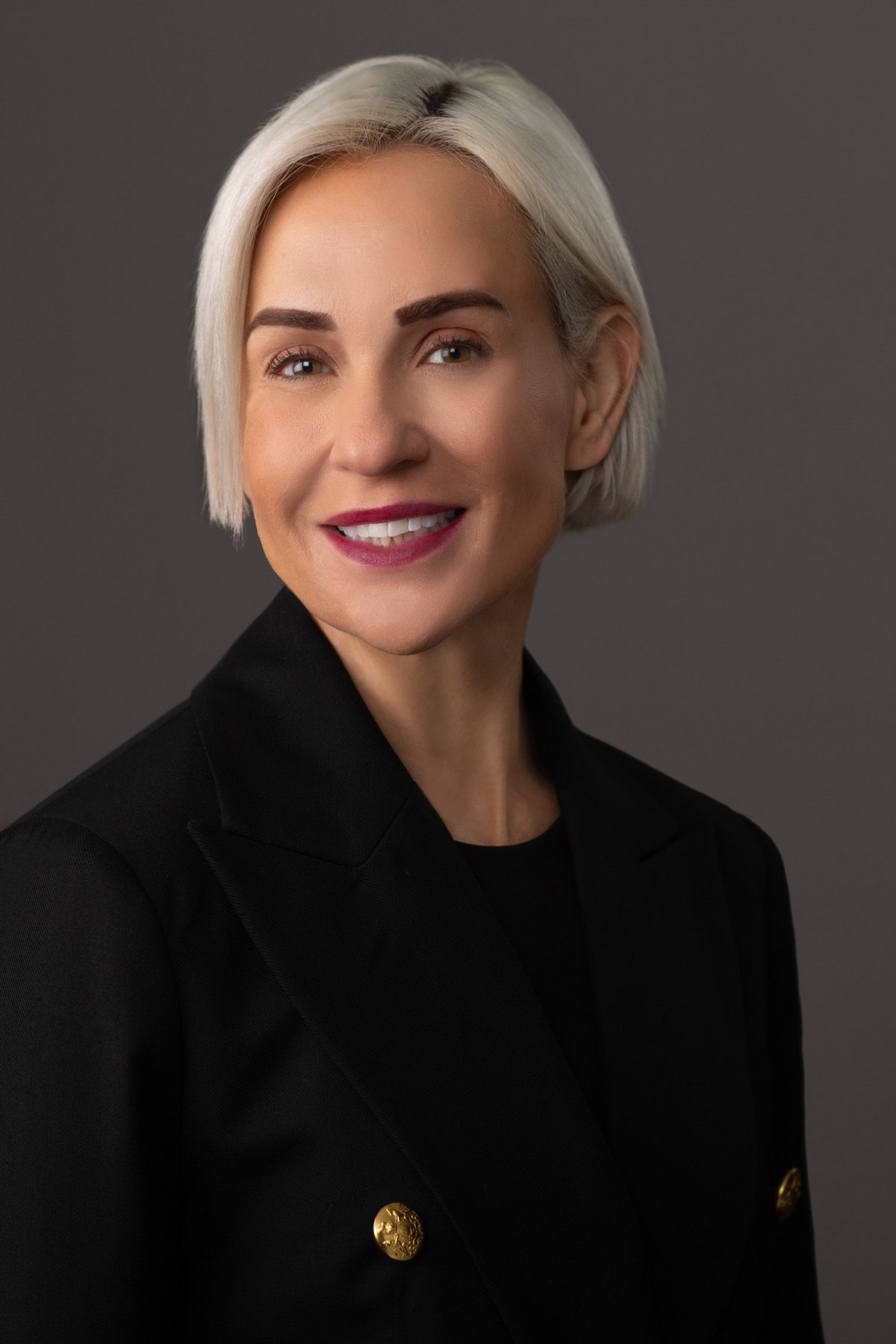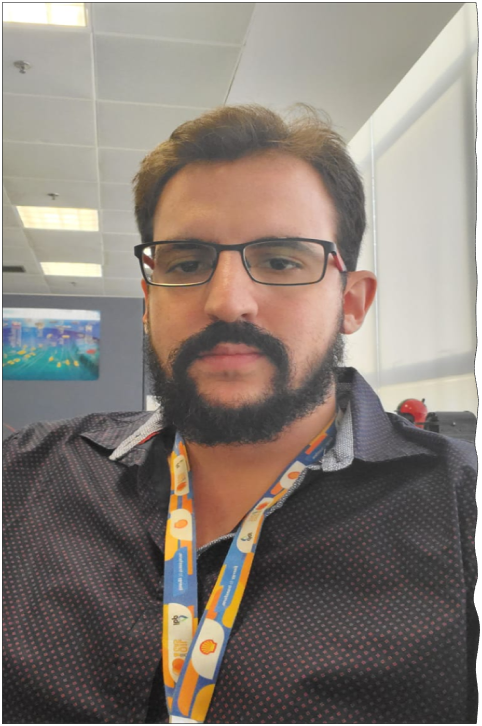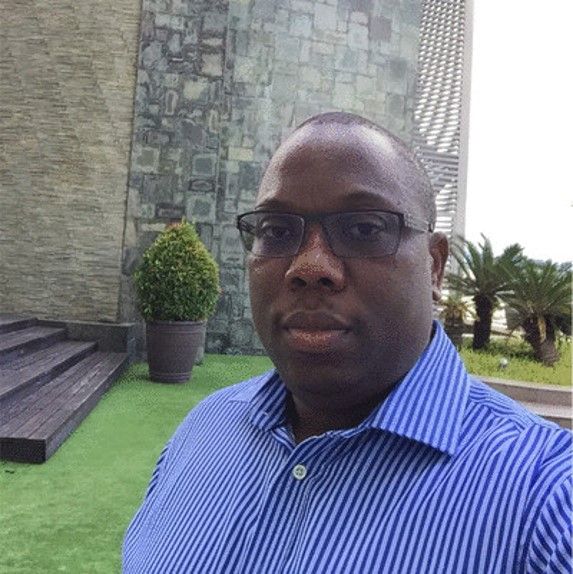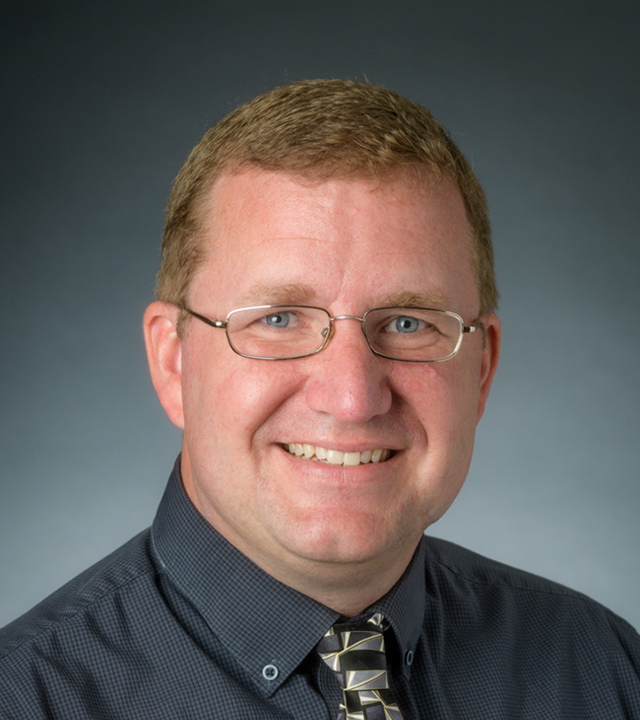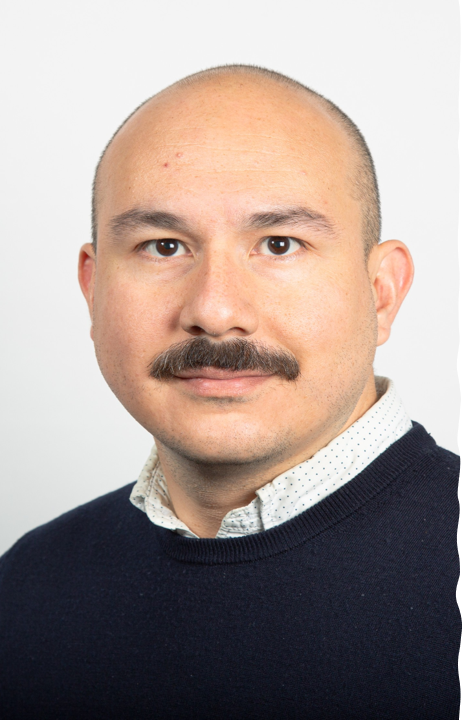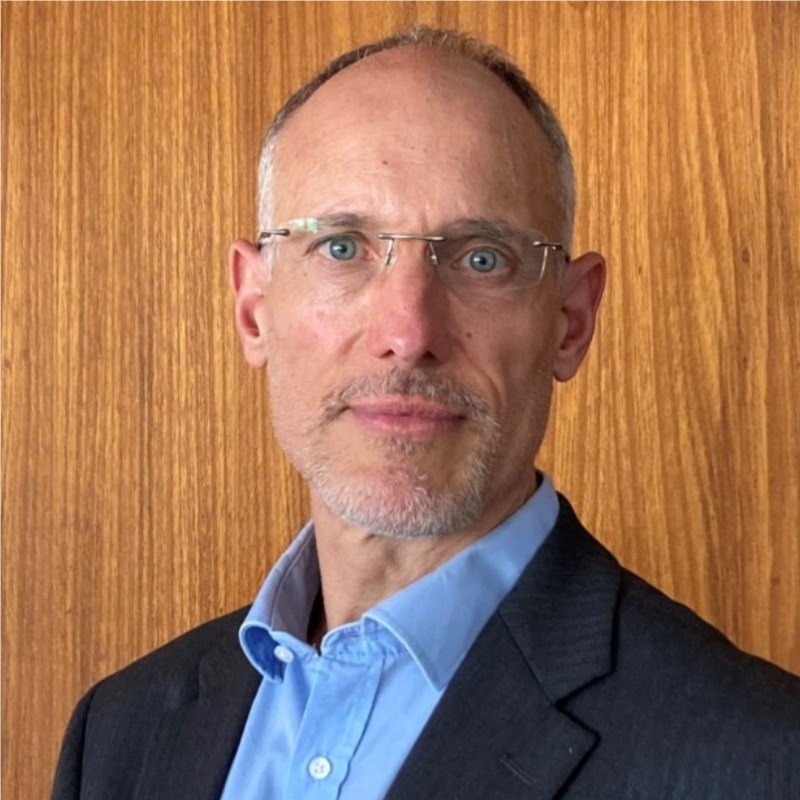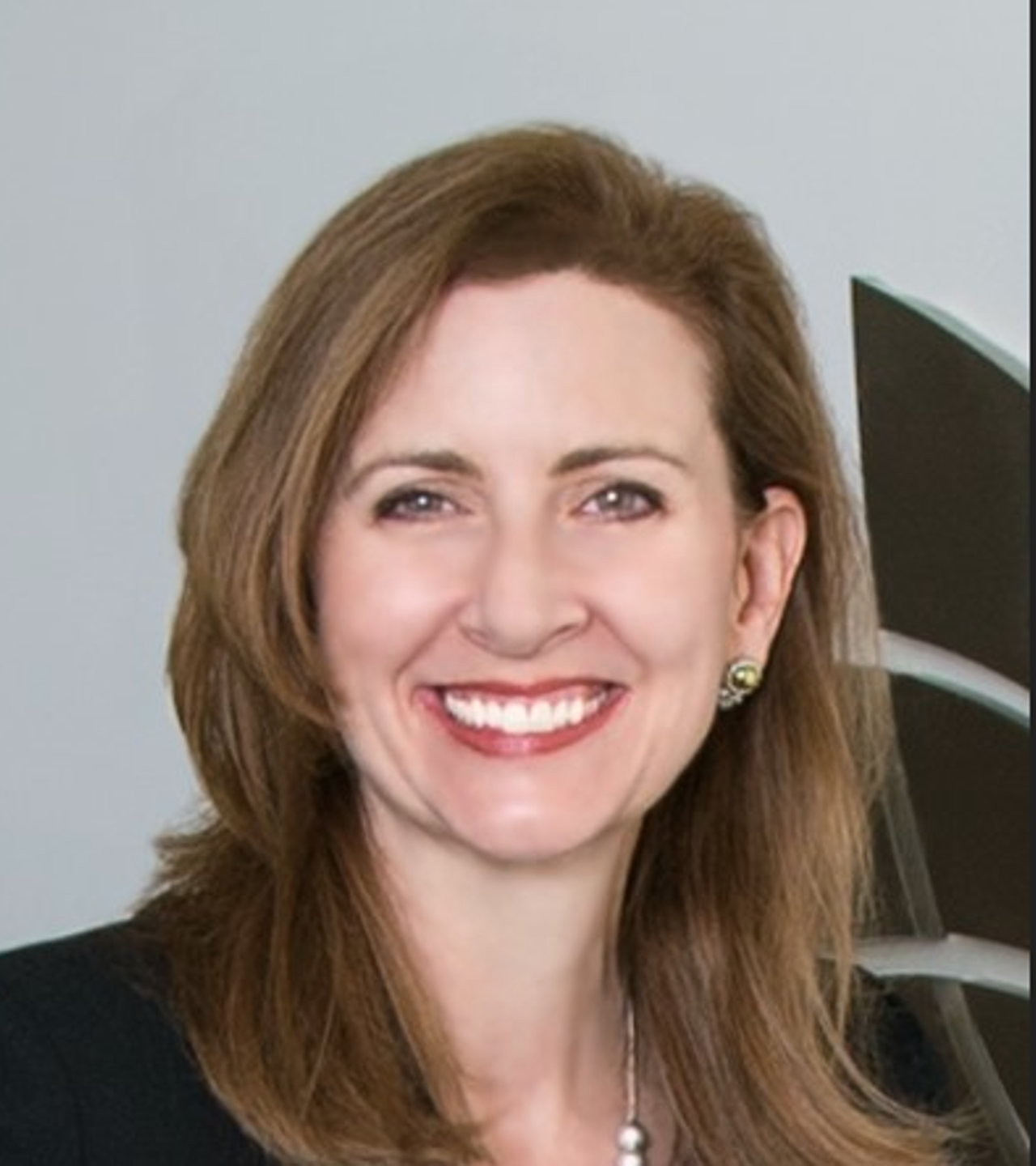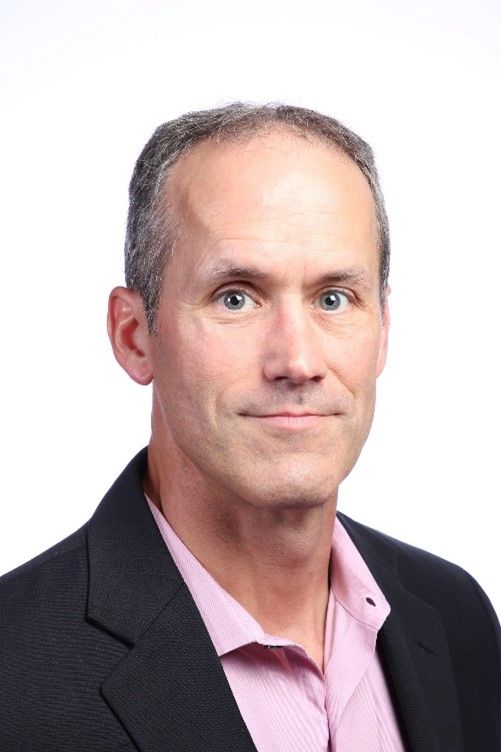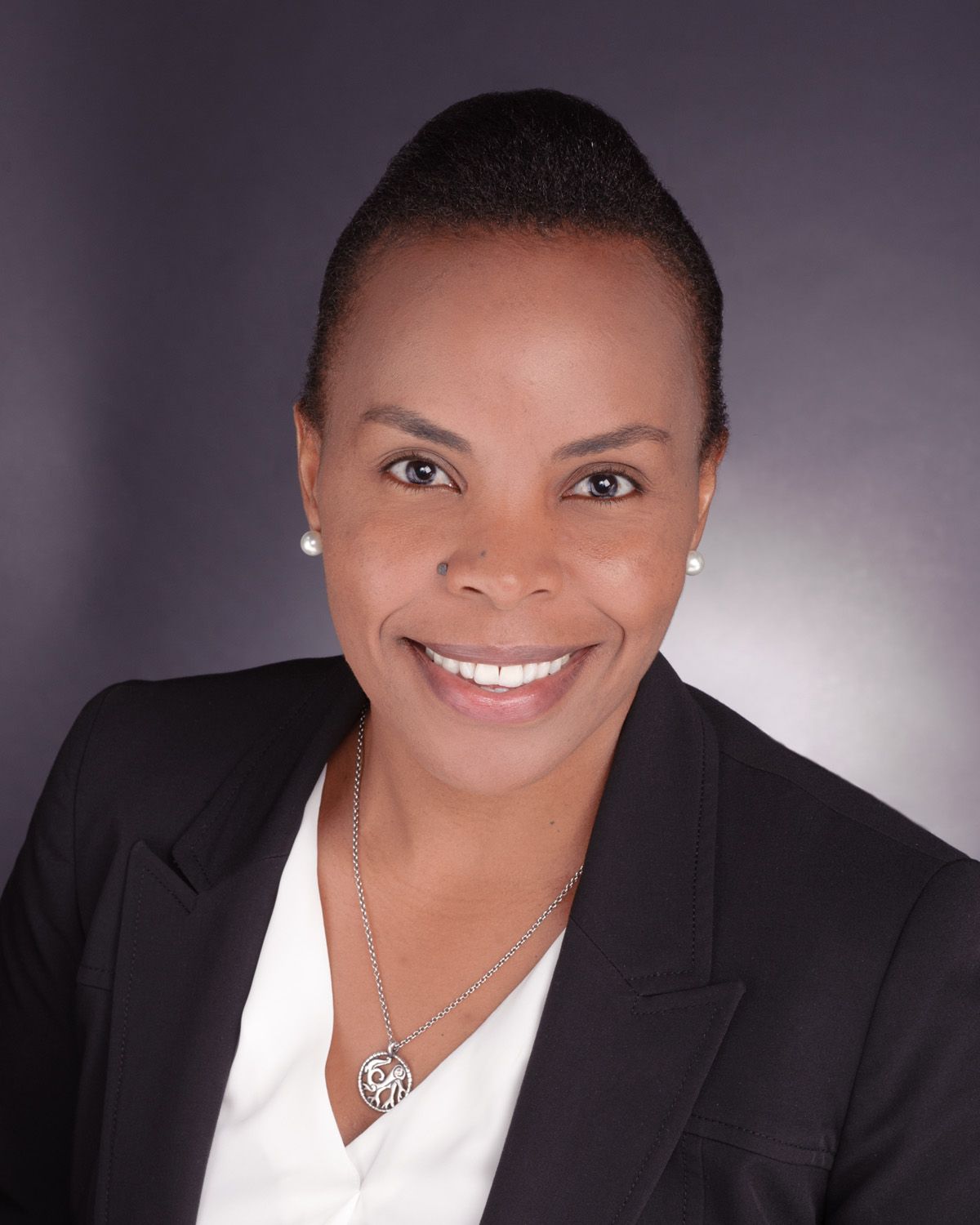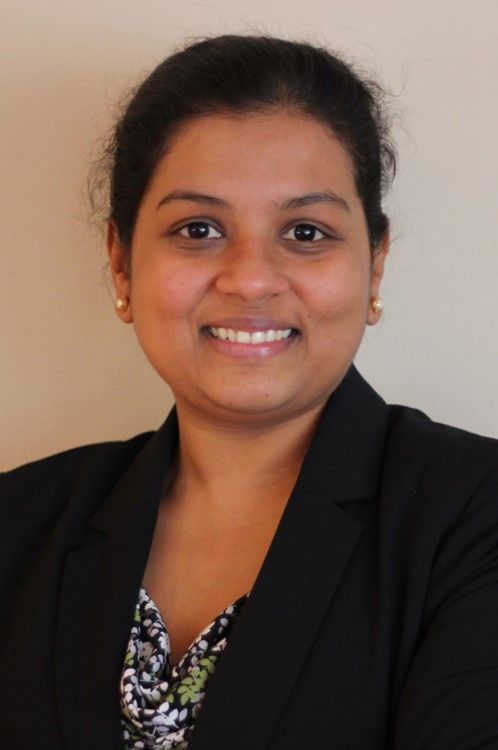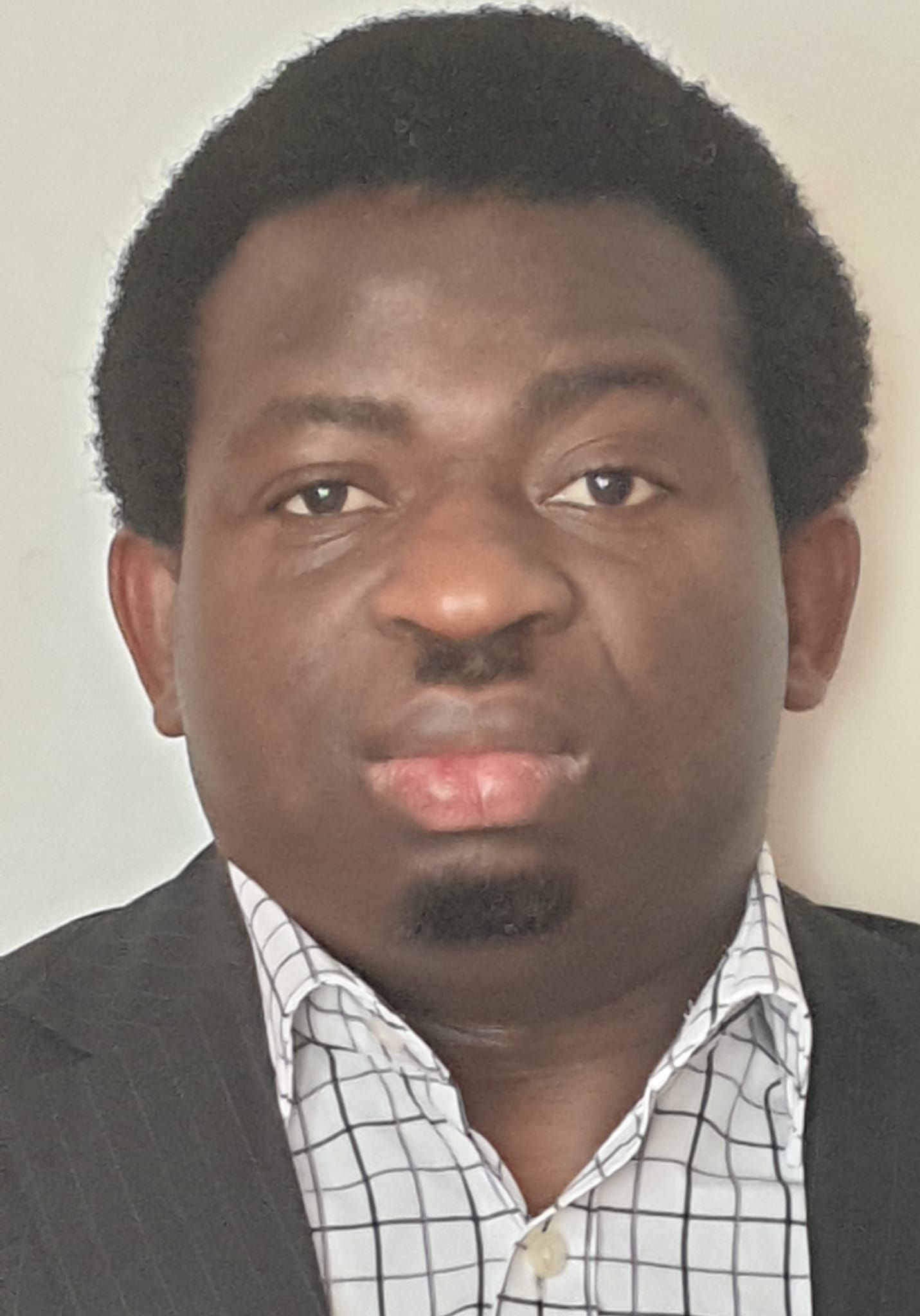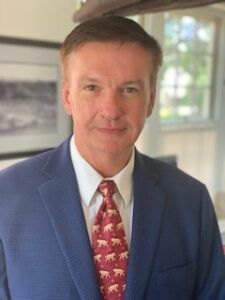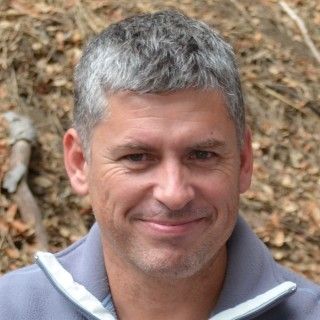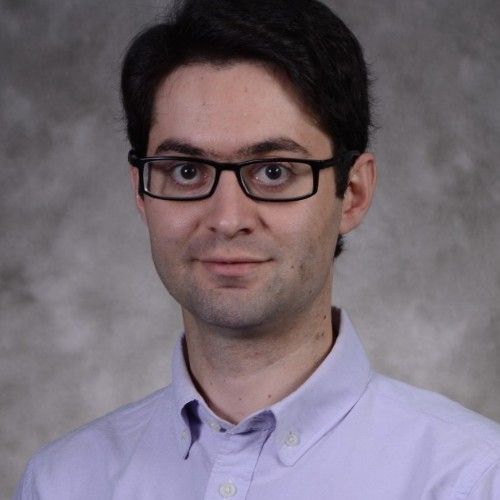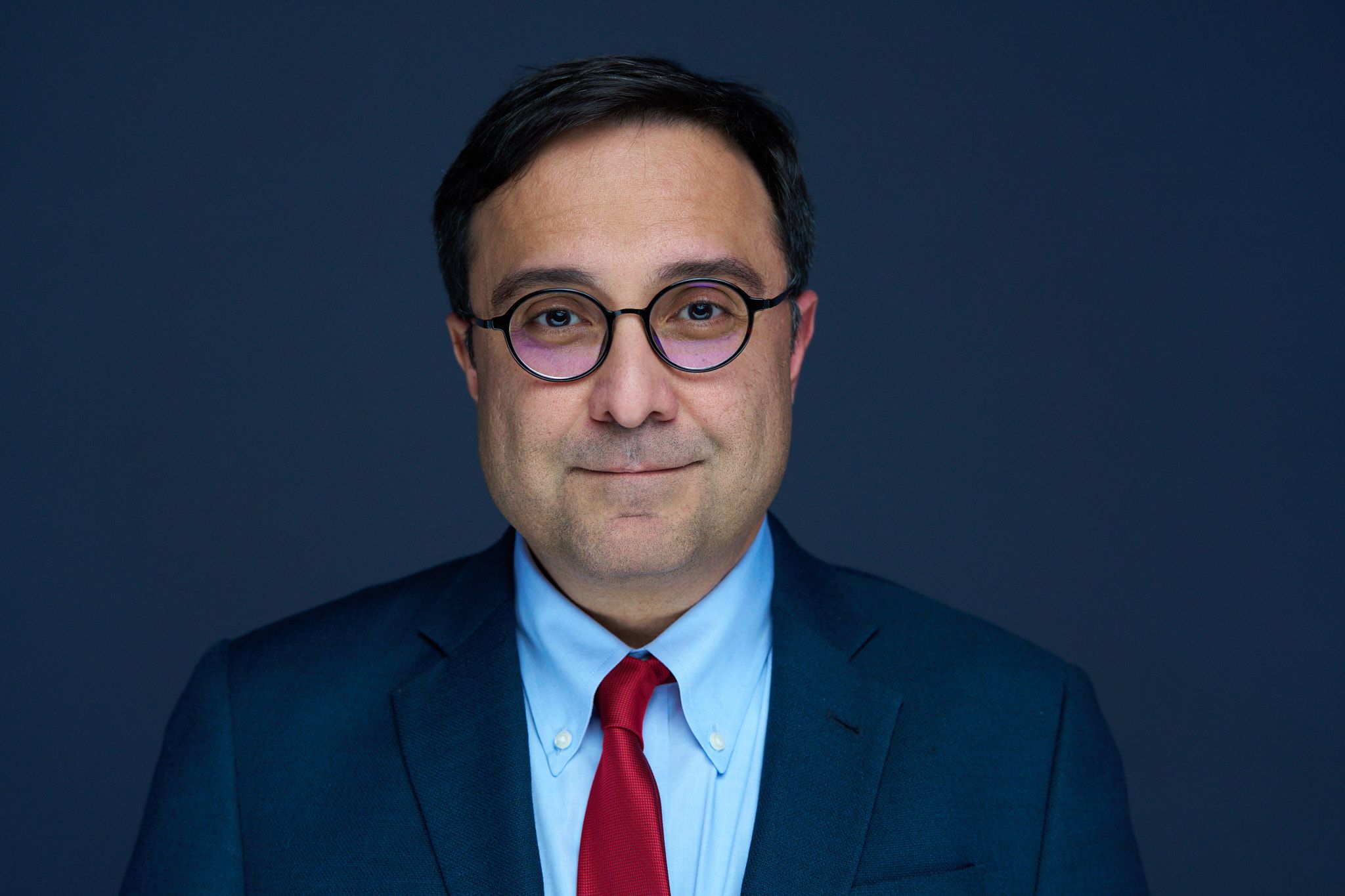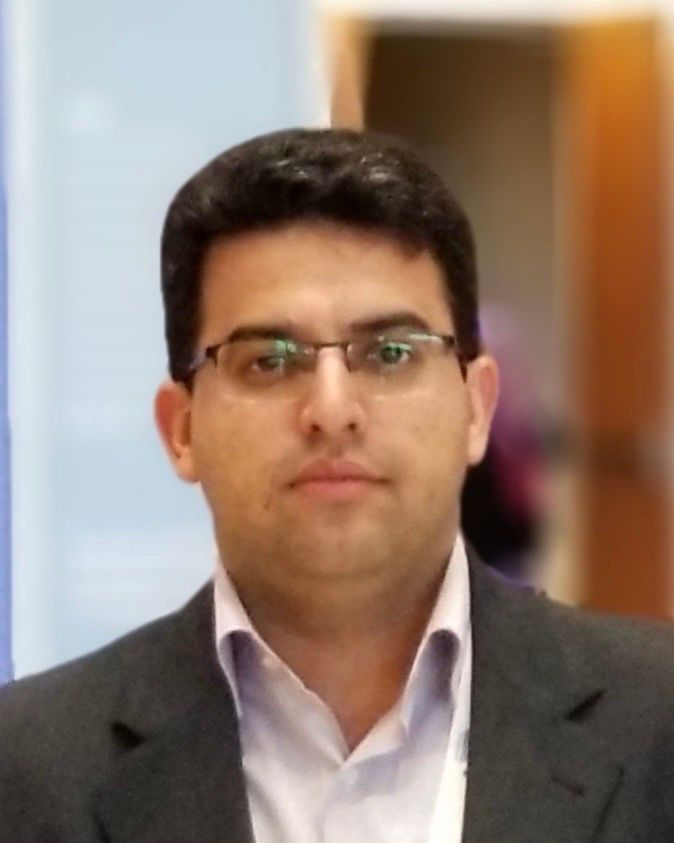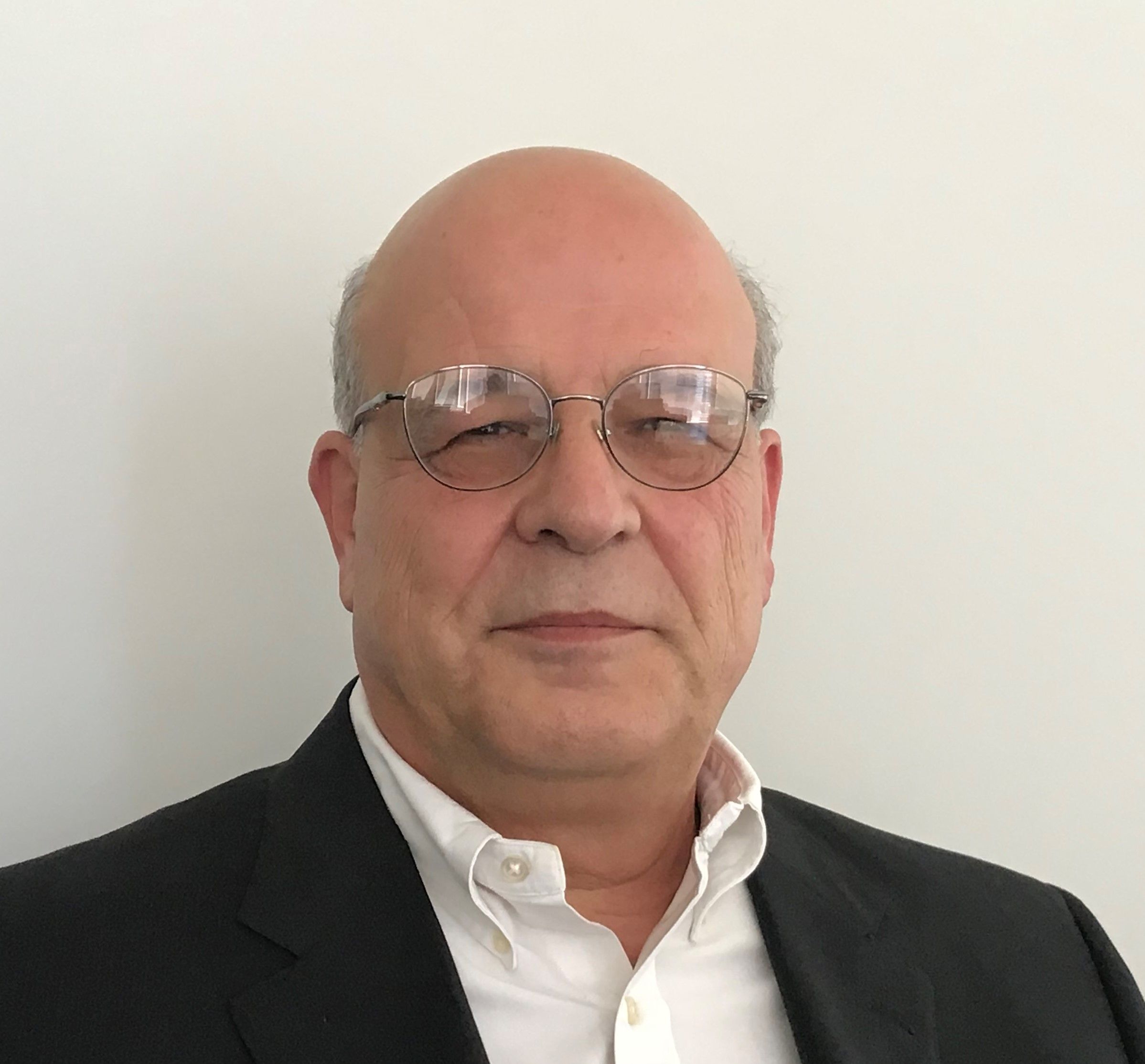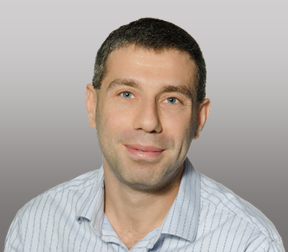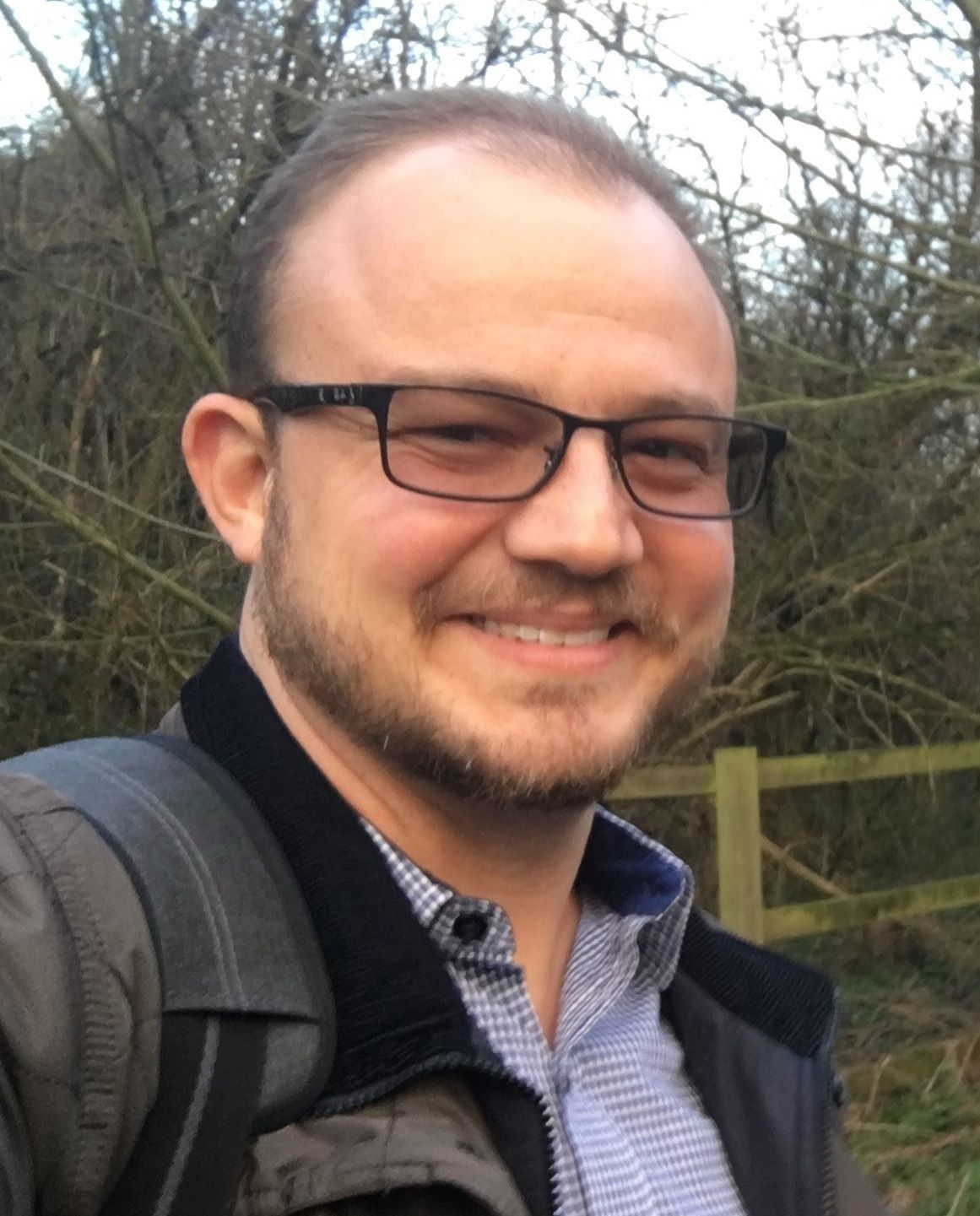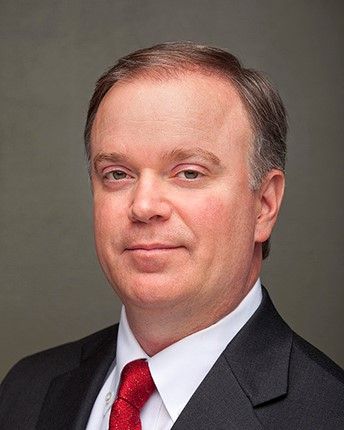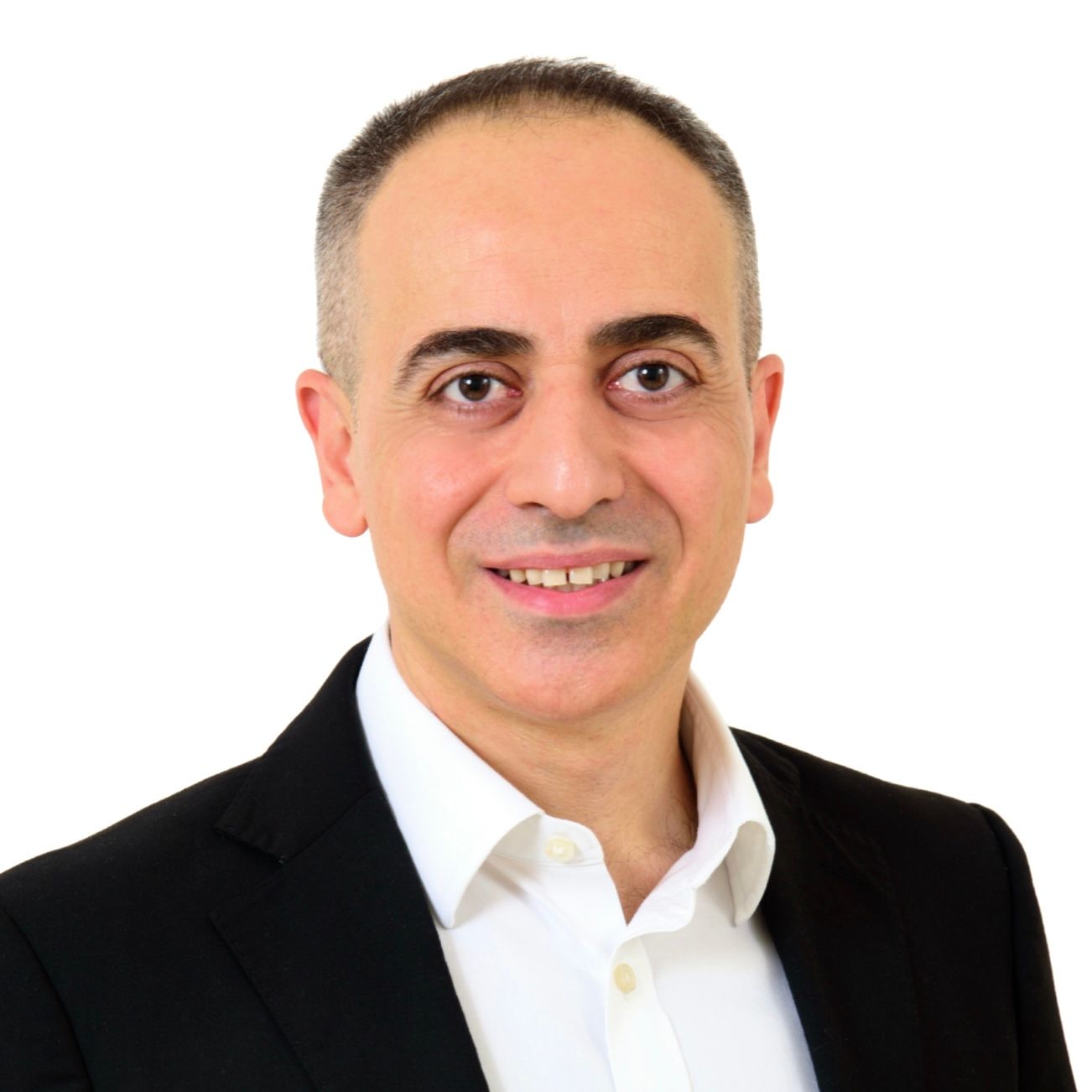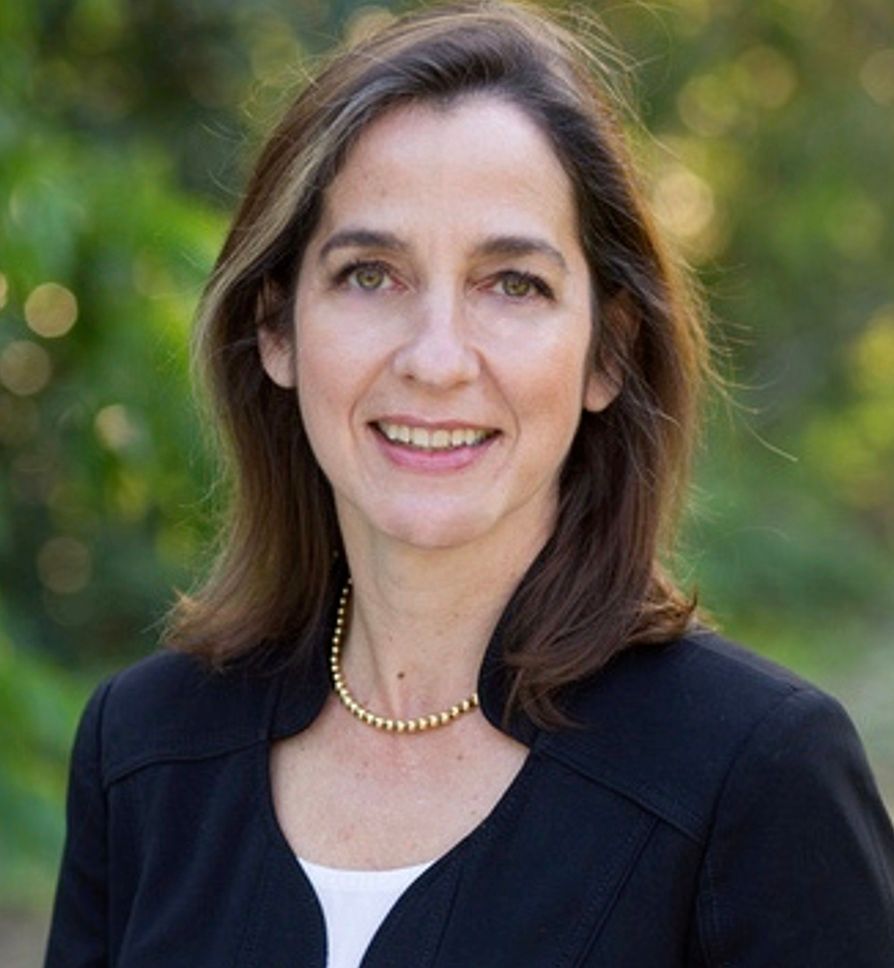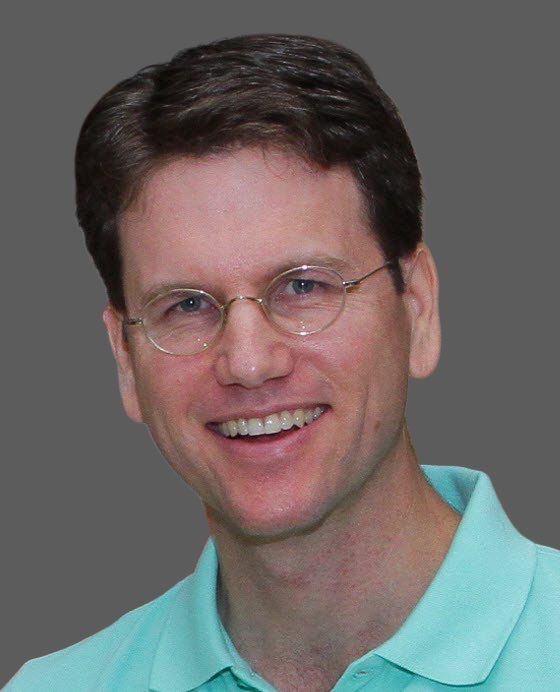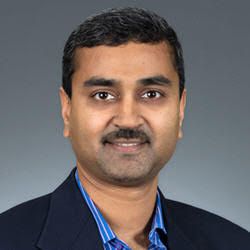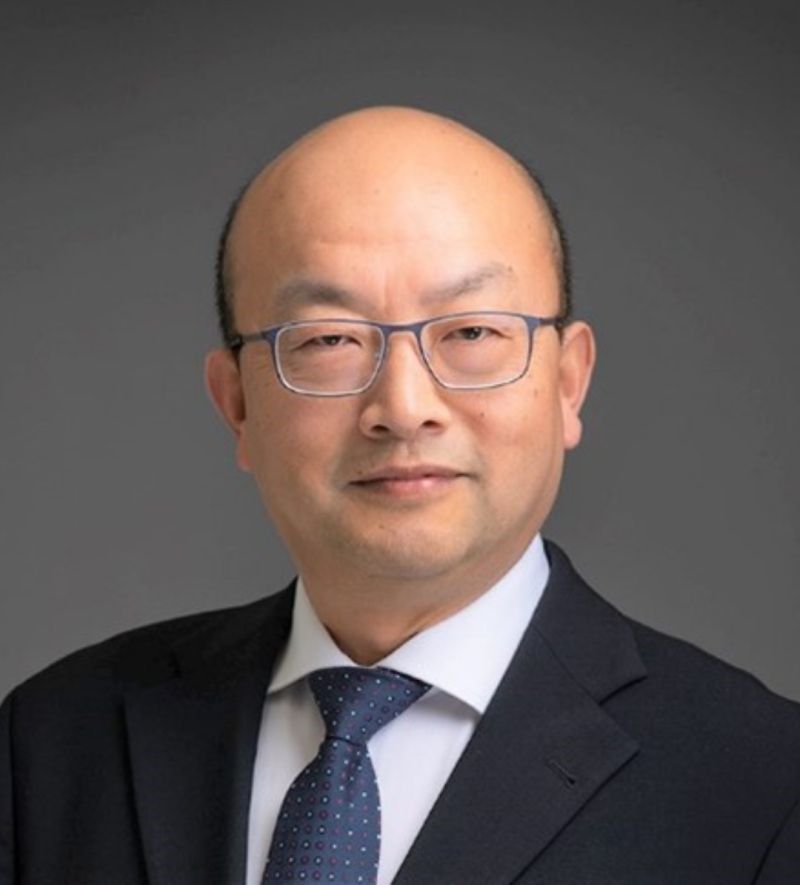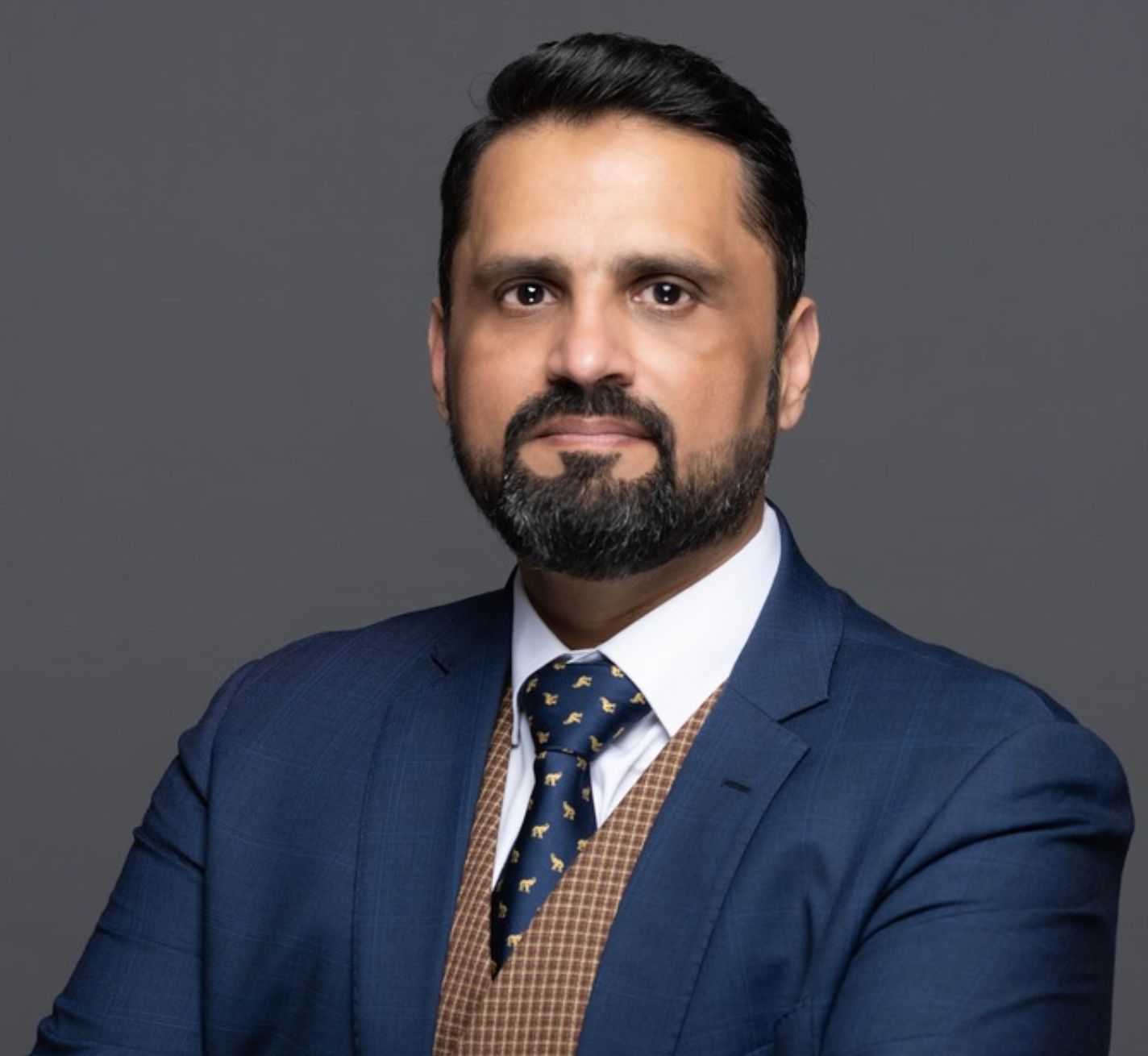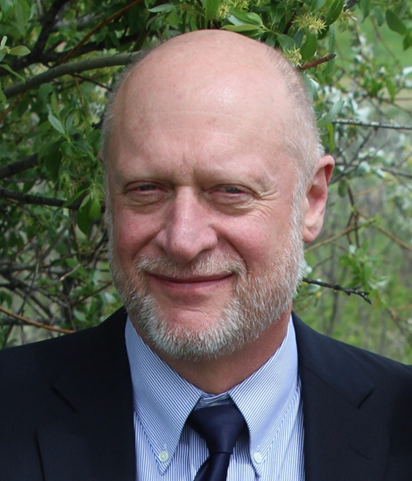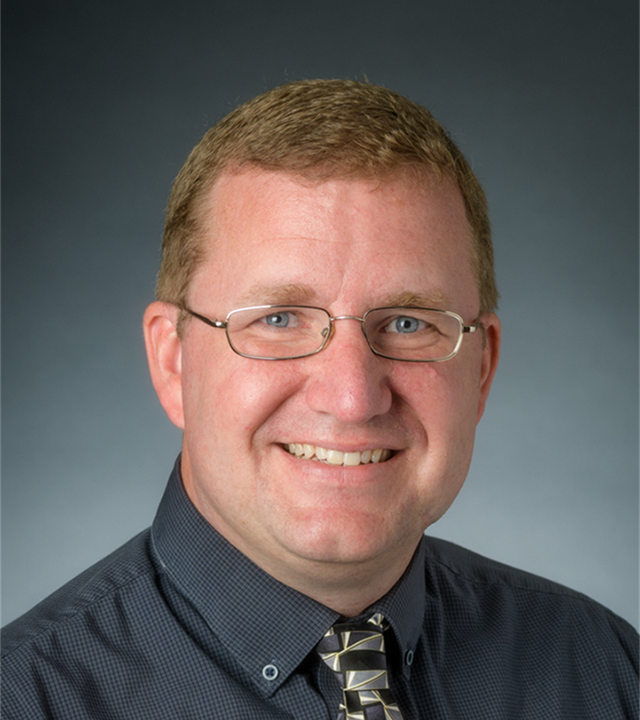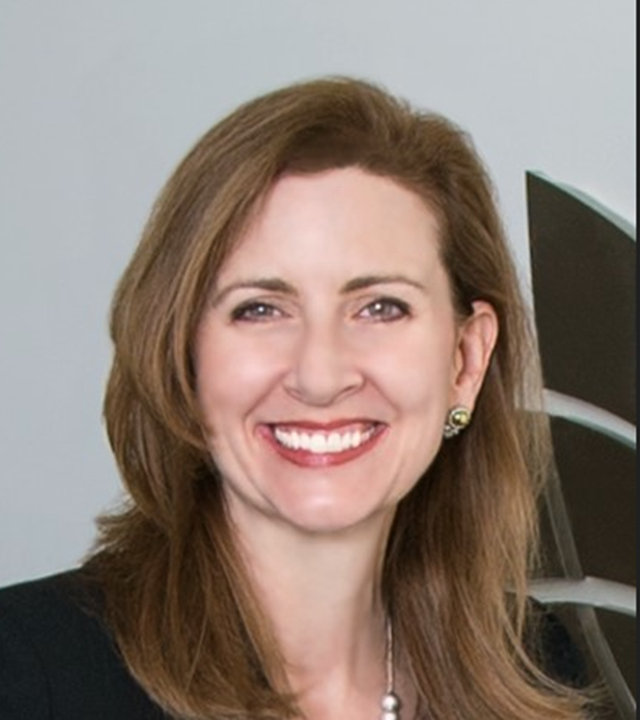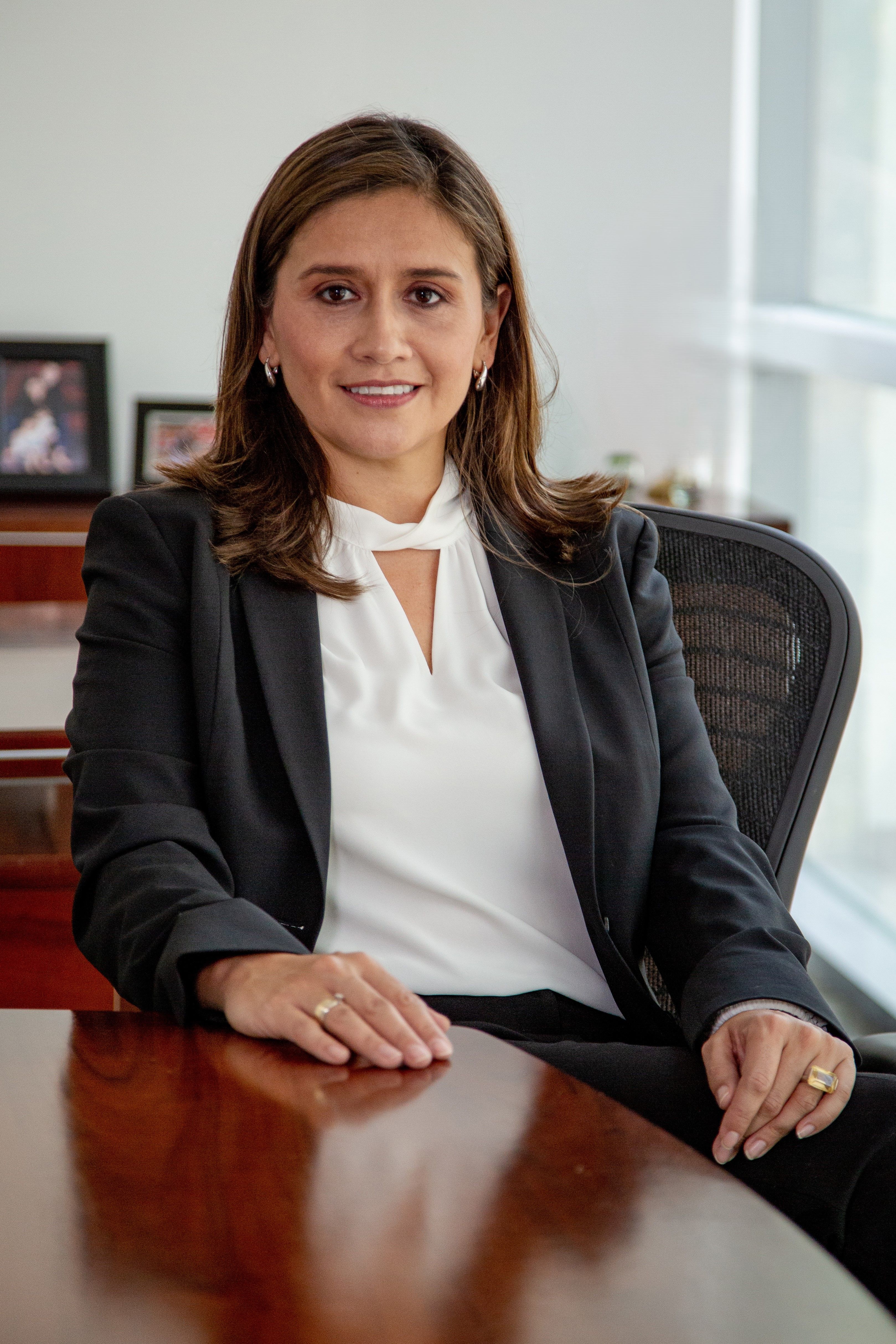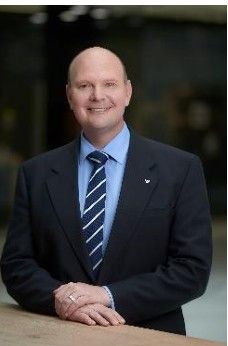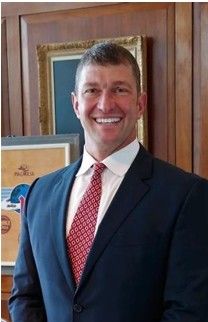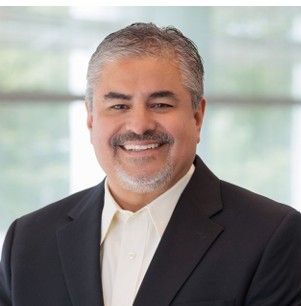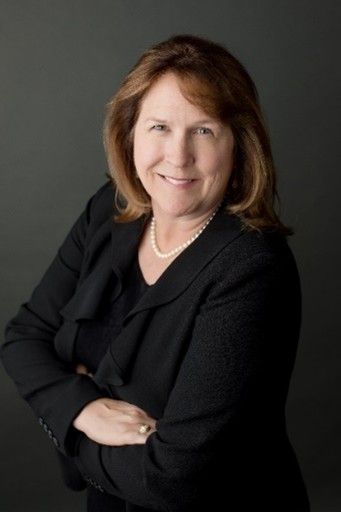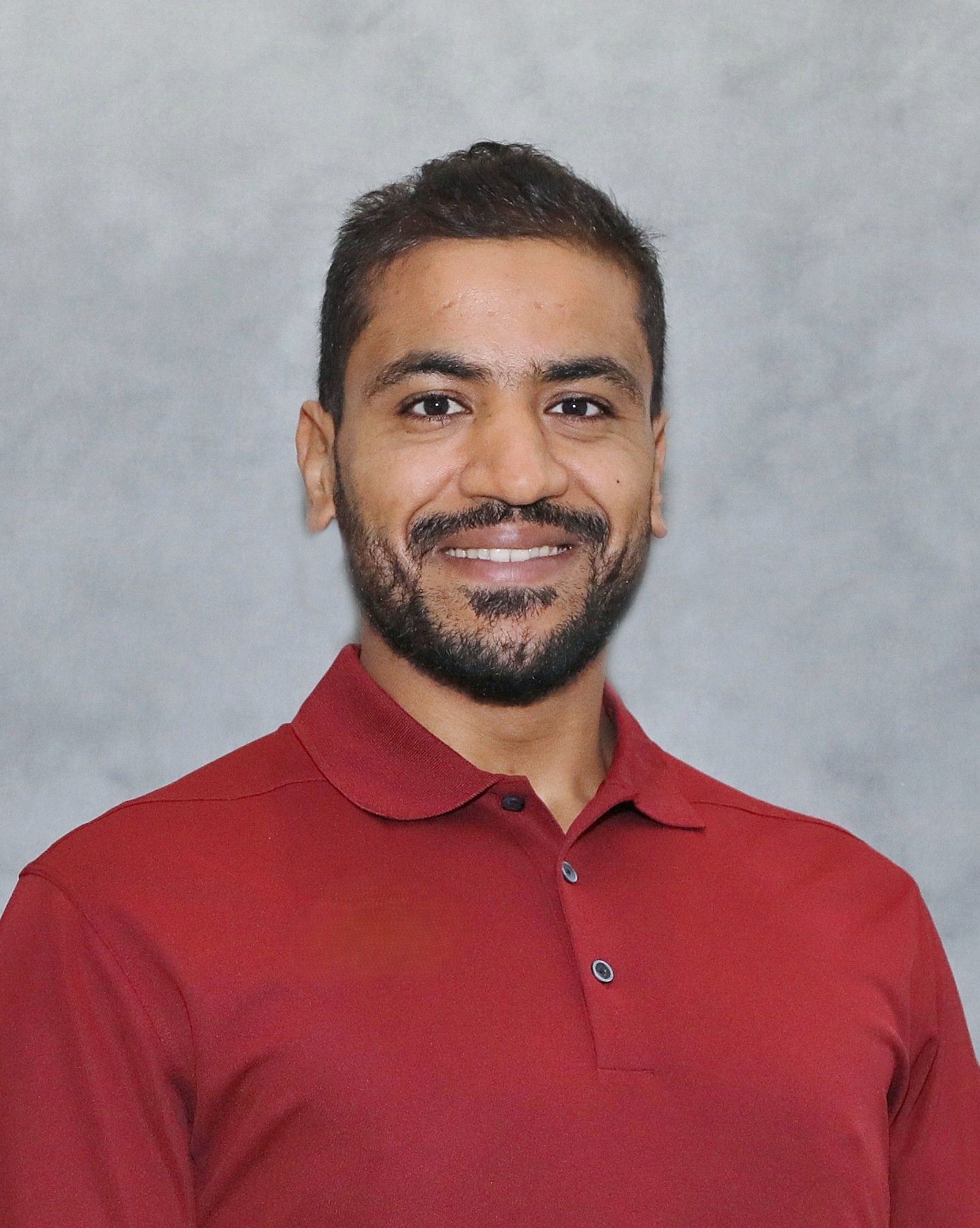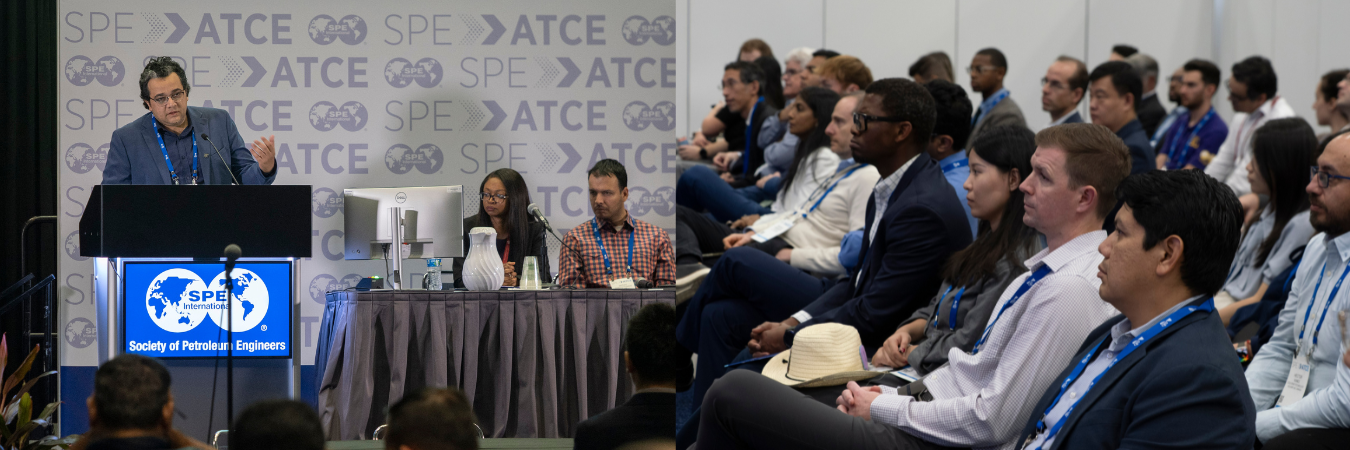Time: 1400-1500
Location: Special Session Room 1
DESCRIPTION:
Artificial Intelligence (AI) has emerged as a transformative force in the Energy Industry, driving innovations across efficiency, safety, sustainability, and profitability. With the increasing complexity of operations and the exponential growth of data from exploration, production, and monitoring activities, AI technologies are poised to redefine traditional workflows and decision-making processes. Among AI advancements, Generative AI is gaining prominence for its ability to unlock value from the massive amounts of data generated in the industry. This panel discussion brings leaders from operating companies, technology innovators, and service providers to explore the real-world impact of AI applications, including predictive maintenance to reduce downtime, drilling optimization to enhance well performance, seismic data analysis to improve exploration accuracy, reservoir management to maximize recovery, and energy consumption monitoring to achieve sustainability goals.
Panelists will debate key challenges and opportunities such as data governance and security, workforce readiness, and the practical adoption of Generative AI for creating actionable insights. Topics include how Generative AI can automate the synthesis of incomplete or sparse datasets, generate synthetic seismic or production data for modeling, and enhance decision-making by identifying patterns across multimodal data sources. The discussion will also examine barriers to scaling AI solutions and strategies for achieving seamless integration of AI into upstream workflows.
Through diverse perspectives, the panel will address:
• The role of Generative AI in transforming data management and processing workflows.
• Tackling data overload: turning petabytes of unstructured and semi-structured data into value.
• AI's contributions to enhancing operational safety, sustainability, and compliance.
• Future trends in AI-driven innovation, including autonomous systems, advanced predictive analytics, and real-time monitoring systems.
Panelists:
| 
Sid Misra
Associate Professor
Texas A&M University |
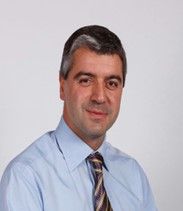
Vural Sander-Suicmez
AI Champion
ADNOC |

Yingwei Yu
Applied Science Manager
AWS |
Moderator:
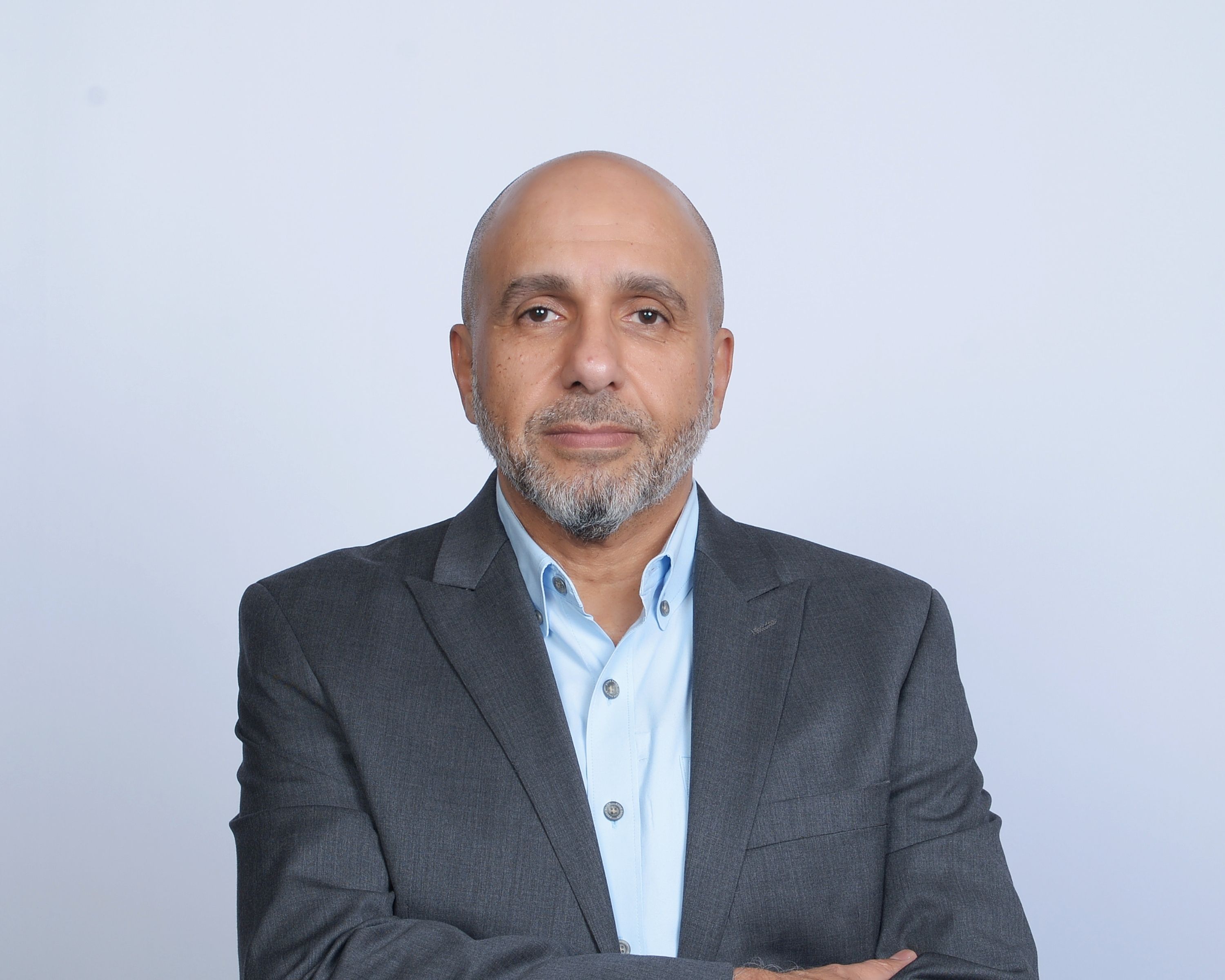
Amr El Bakry
Senior Principal,
Data Science
ExxonMobil




